Queensland Fresh Scientist ‘People’s Award’ winner finds how to stop cow urine running off our paddocks into rivers and creeks
If carbon is added to paddocks where cows urinate it can reduce the runoff of nitrogen into waterways meaning more nutrients for pasture growth and cleaner creeks and rivers.
This research finding is a win for both the farmers and the environment and was published in the international Journal of Environmental Management earlier this month by Griffith University PhD student, Amanda Neilen.
Amanda is one of ten 2016 Queensland Fresh Science finalists and her one minute explanation of her research won her the “People’s Award” at a public event in Brisbane last week.
“Cow’s urine is high in nitrogen and this can accumulate in the soil and then leach or wash off into waterways,” she says.
High levels of nitrogen in our waterways cause the algal blooms that can choke the life out a river or smother a reef. Loss of nitrogen from farm paddocks means there are also fewer nutrients available for plant and animal growth.
Amanda’s research discovered that grass-covered soil was three times less likely to have nitrogen runoff compared to bare soil.
Every time cows urinate they can release up to two litres of nutrient-rich fluid. But much of this fluid can be lost from the soil and plants, especially during the high summer rainfall that southeast Queensland experiences.
“I looked at how to keep the nutrients from cow urine in the soil so it was available to the grass and then the cows,” says Amanda.
For her experiment, Amanda collected fresh urine from dairy cows at Maleny Dairies in the Sunshine Coast hinterland, north of Brisbane.
“I investigated the three pathways that cow’s urine can take when it hits the ground. It can stick to the soil, get sucked up by the grass or eaten by soil microbes.
“I found that by adding carbon to the soil it stimulated the activity of the soil microbes and stopped the nitrogen from leaching away.
“Adding carbon to the nitrogen from urine is like adding the hot chips to the tomato sauce. It makes the nitrogen more appealing for the soil microbes to work on.”
Having more nitrogen available in the soil means more grass. This means a farmer can carry more cows in each paddock.
For Maleny dairy farmer, Sonya Hooper, this sort of research is very important for keeping their cows productive and their waterways clean.
“We want to get as much grass feed as we can for our cows,” she says. “We also want clean water in our creeks as we use that water in our watering troughs and in the dairy.”
Sonya works with the Lake Baroon Catchment Care Group to fence waterways on her property and to construct cow paths and bridges over causeways and creeks.
“This reduces erosion and keeps the water in the creeks cleaner,” she says. “If we can make the water even cleaner with this new research, it will be great for our farm.”
Queensland Chief Scientist Dr Geoff Garrett congratulated Amanda on her research findings which will be beneficial for farming land across the country and our waterways, including our precious reef.
“Our scientists in Queensland aren’t just found in labs—they’re increasingly, and importantly working with end-users who will directly benefit from the extraordinary research underway,” Dr Garrett said.
Fresh Science is a national competition helping early-career researchers find, and then share, their stories of discovery. The program takes up-and-coming researchers with no media experience and turns them into spokespeople for science, giving them a taste of life in the limelight, with a day of media training and a public event in their home state.
Queensland Fresh Science is supported by: Queensland Government; Queensland University of Technology (QUT); University of the Sunshine Coast (USC); The University of Queensland; and Econnect Communication.
We can provide photos and broadcast quality footage of Amanda at work.
For media, video and photography assistance:
- Jenni Metcalfe, jenni@econnect.com.au; phone: 0408 551 866
For interview:
- Amanda Neilen, The Australian Rivers Institute, Griffith University, Amanda.neilen@griffithuni.edu.au; phone: 0431 127 186
- Sonya Hooper, Maleny Dairies, phone: 0439 899 312

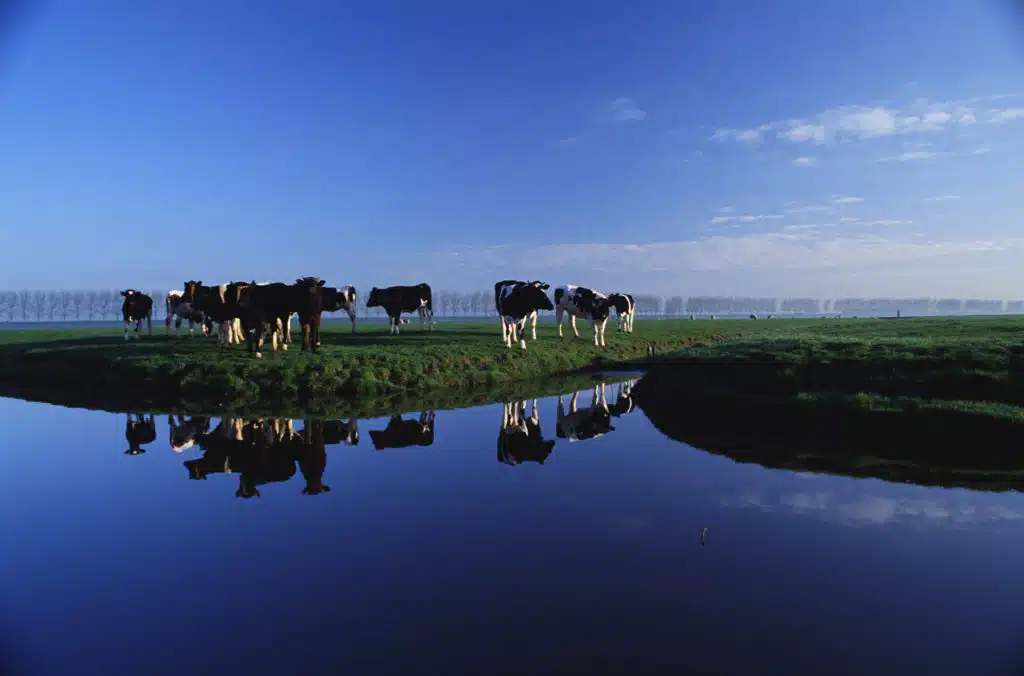

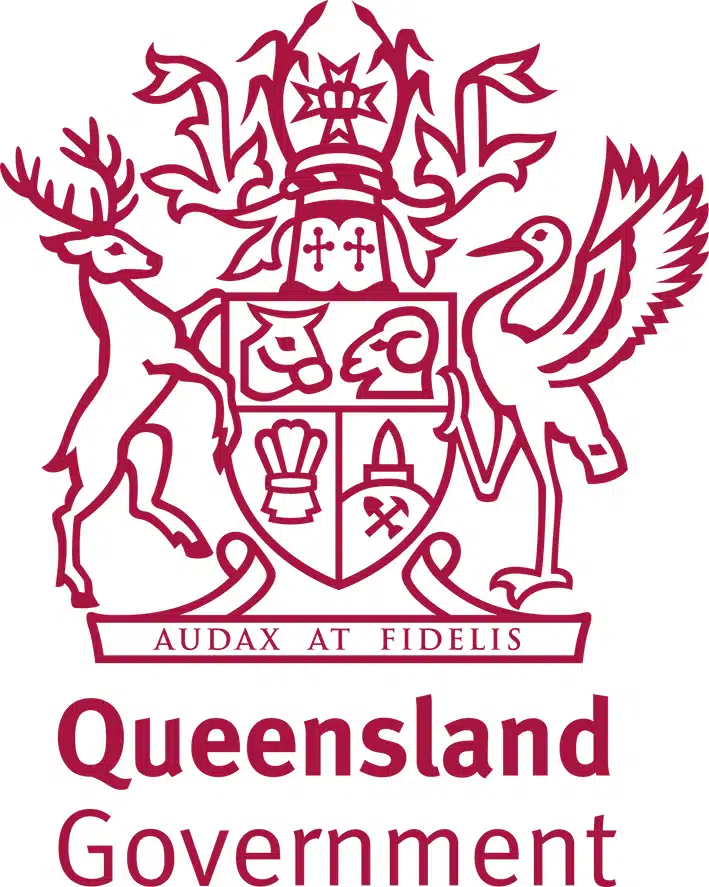
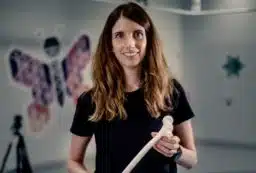
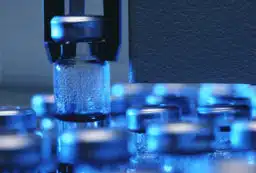
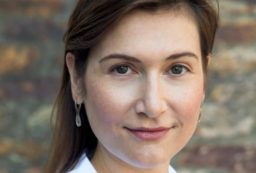
 Fresh Science is on hold for 2022. We will be back in 2023.
Fresh Science is on hold for 2022. We will be back in 2023.